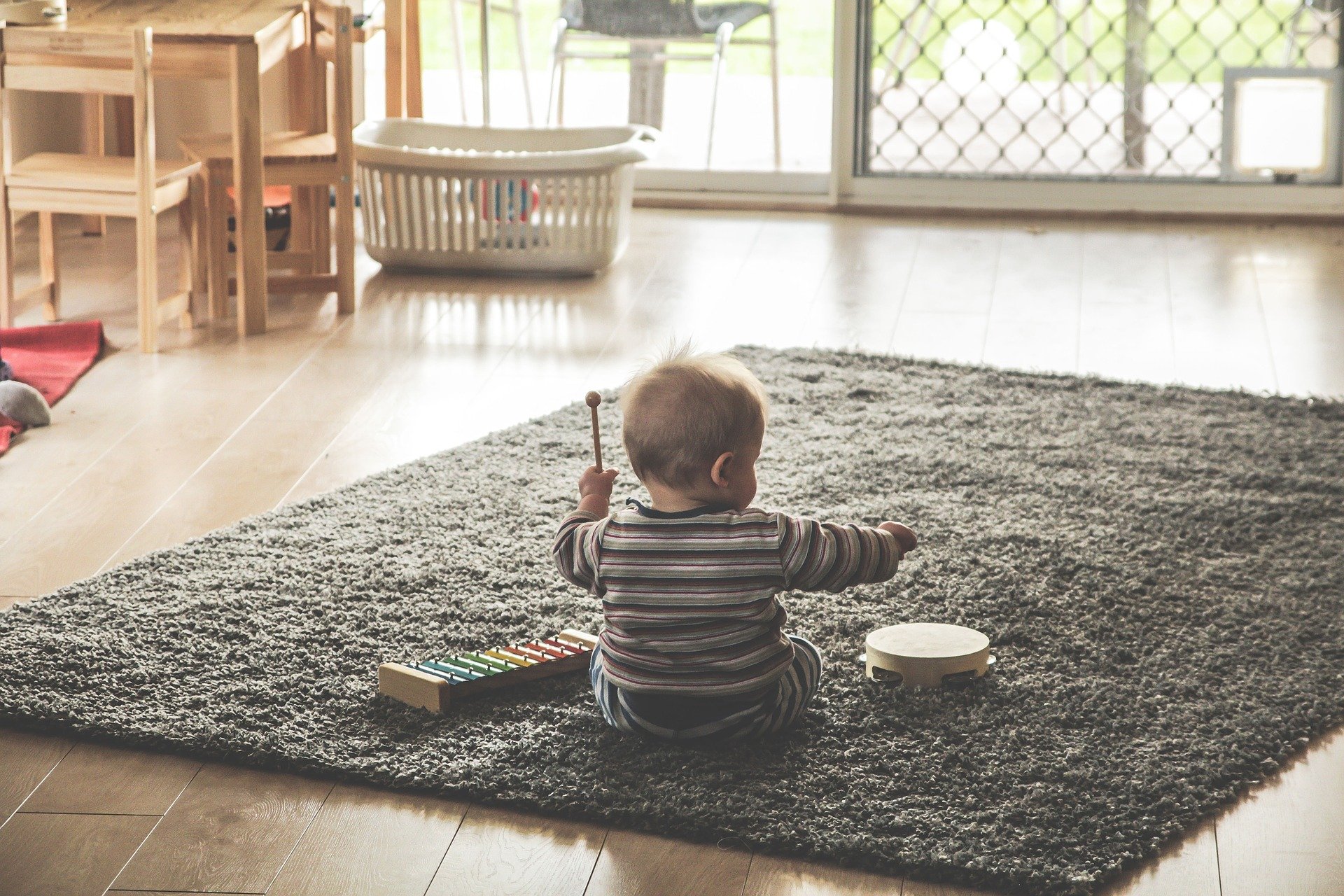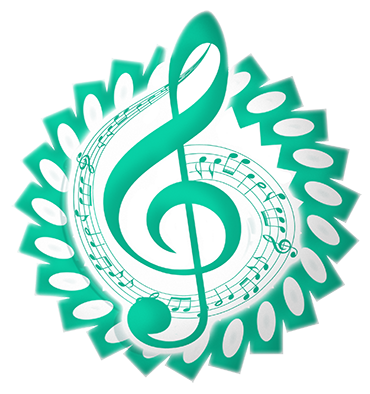
Childhood is an important phase in the growth of a person.
It has been said that half of a child’s character has been formed by the age of seven years old, meaning to say that the information gained in the early years of life is essential to how a person does in the future in regards to what he or she knows. An online article on childhood education states that
“Early childhood is a crucial stage of life in terms of a child's physical, intellectual, emotional and social development. Growth of mental and physical abilities progress at an astounding rate and a very high proportion of learning takes place from birth to age six. ”
Source: “Importance of Early Childhood Education” Living in Indonesia. http://www.expat.or.id/info/earlychildhoodeducation.html.
What they learn during this crucial period of time creates a significant impact on how they deal with knowledge they will encounter and assimilate in their older years.
“Education begins from the moment the child is brought home from the hospital and continues on when the child starts to attend playgroups and kindergartens. The learning capabilities of humans continue for the rest of their lives but not at the intensity that is demonstrated in the preschool years. ”
Source: “Importance of Early Childhood Education” Living in Indonesia. http://www.expat.or.id/info/earlychildhoodeducation.html.
The knowledge learned in later years is still important, but the basis of how it is dealt with is connected firmly to what was learned during the formative years.
It is that way that the importance of music literacy during early childhood enables a child’s development in the understanding of music. Music by itself stimulates positive responses in learning, from which we can conclude that building a more excellent understanding during this specific period of time will enable children to enjoy it in a deeper way that goes beyond mere entertainment. Teaching a child that music is more than just nice sound and helping them delve deeper into its composition and structure would open up a wider area of intellectual understanding that would enhance their cognitive learning. Studies suggest that music helps and strengthens the growth of the brain,
“A study published last month in the Journal of Neuroscience suggests that musical training before the age of seven has a significant effect on the development of the brain, showing that those who began early had stronger connections between motor regions -- the parts of the brain that help you plan and carry out movements. ”
Source: “Early music lessons boost brain development” Science Daily. http://www.sciencedaily.com/releases/2013/02/130212112017.html.
- A video from Youtube about music and the brain.*
Where do I seem to be going with these facts related to learning?
Simple. Without understanding it in its entirety, it is hard to enjoy it to its fullest potential. Music is something that is composed of sound and silence, is built up by things such as rhythm, pitch, melody, harmony; and it is created with the thoughts and feelings of a composer. It is not that it cannot be appreciated by only those with knowledge regarding it, but one has a better grasp of it when one has been educated on it.
Which is why musical literacy is the goal a teacher tries to achieve in a student for him or her to fully enjoy and understand music. It stimulates their brain to think. For example, you teach a kid to clap four quarter notes in a steady beat. Unless you teach the meaning of it, the beat and subdivision and the rhythm it follows, to them it was just a succession of claps that makes their bodies move. The theory behind it, and the practical application of it, all these are part of music literacy.

Another video, this time about music and the development of a child's brain.
By becoming more aware of music, what makes it up, who made it and the intention behind its composition, children, I believe, gain a deeper sense of understanding that can only add to their intellectual growth. Learning to appreciate different sounds created by musical instruments, recognizing different rhythm patterns, these are not just relevant to musical understanding but also affects other areas of development. Plato once said that music “is a more potent instrument than any other for education”. You will find many teachers of young children who would agree with him.
Recent research had found that music uses both sides of the brain, a fact that makes it valuable in all areas of development.
“Music affects the growth of a child’s brain academically, emotionally, physically and spiritually. ”
Source: “Music and Young Minds” Children’s Music Workshop. http://www.childrensmusicworkshop.com/advocacy/youngmind/.
Thus, offering a more holistic approach to learning, not only increasing their understanding, sensitivity, and perception to music but also to other things.
Everything that can help the process of learning is essential. And understanding music is not just the goal but also creating in the student a love for music, and it is hard to understand something which you do not love to which Leo Tolstoy, a Russian writer says “Everything that I understand, I understand only because I love.”
Teaching music to children in a way that they enjoy while touching upon the rules that accompany it will enhance their understanding and help them appreciate it as not just a hobby or means of entertainment but as an art and science it its own way.
Being literate in music does help in the understanding and sensitivity of children towards it, helping them to have a deeper and wider awareness of music. And it will not only benefit them but also others. To close, quoting John Locke, “The improvement of understanding is for two ends: first, our own increase of knowledge; secondly, to enable us to deliver that knowledge to others.”
Photo credit goes to Pixabay.
The videos come from Youtube and belong to their respective owners.
.png)

